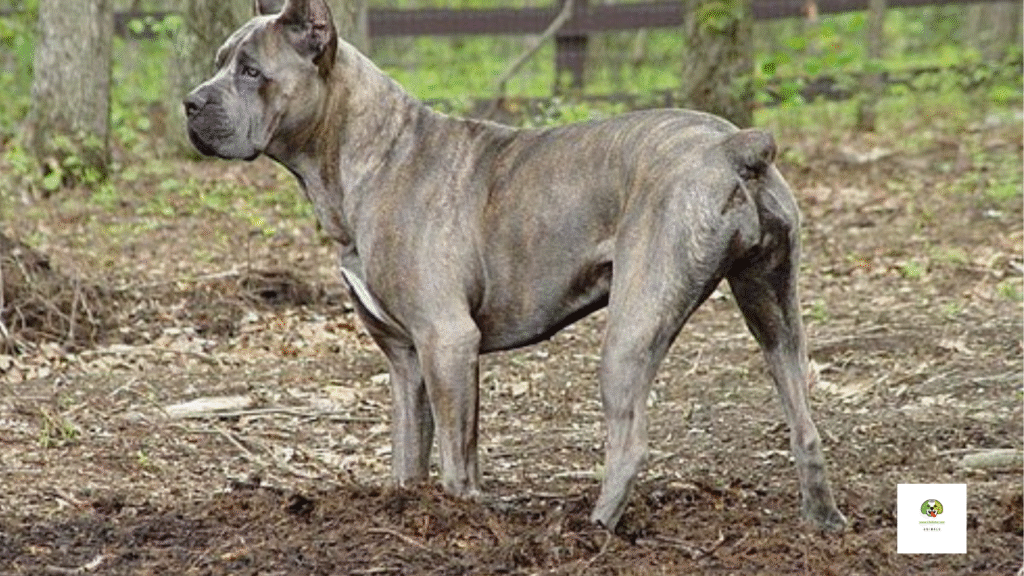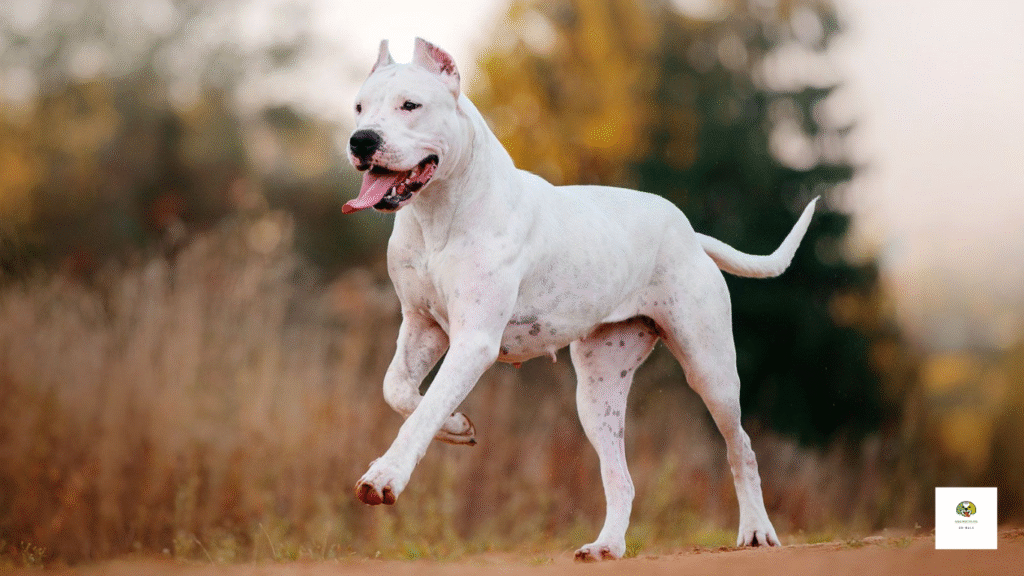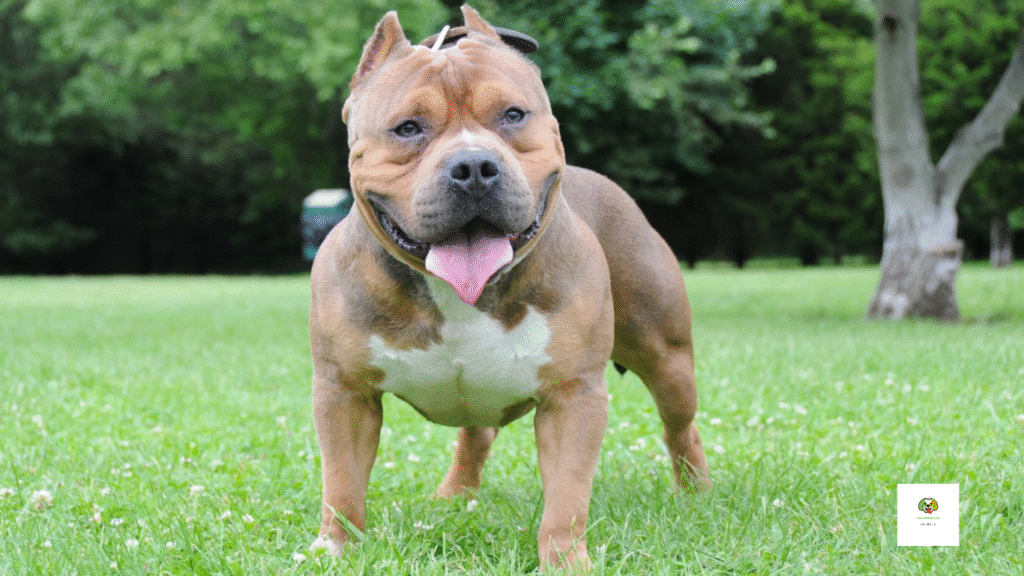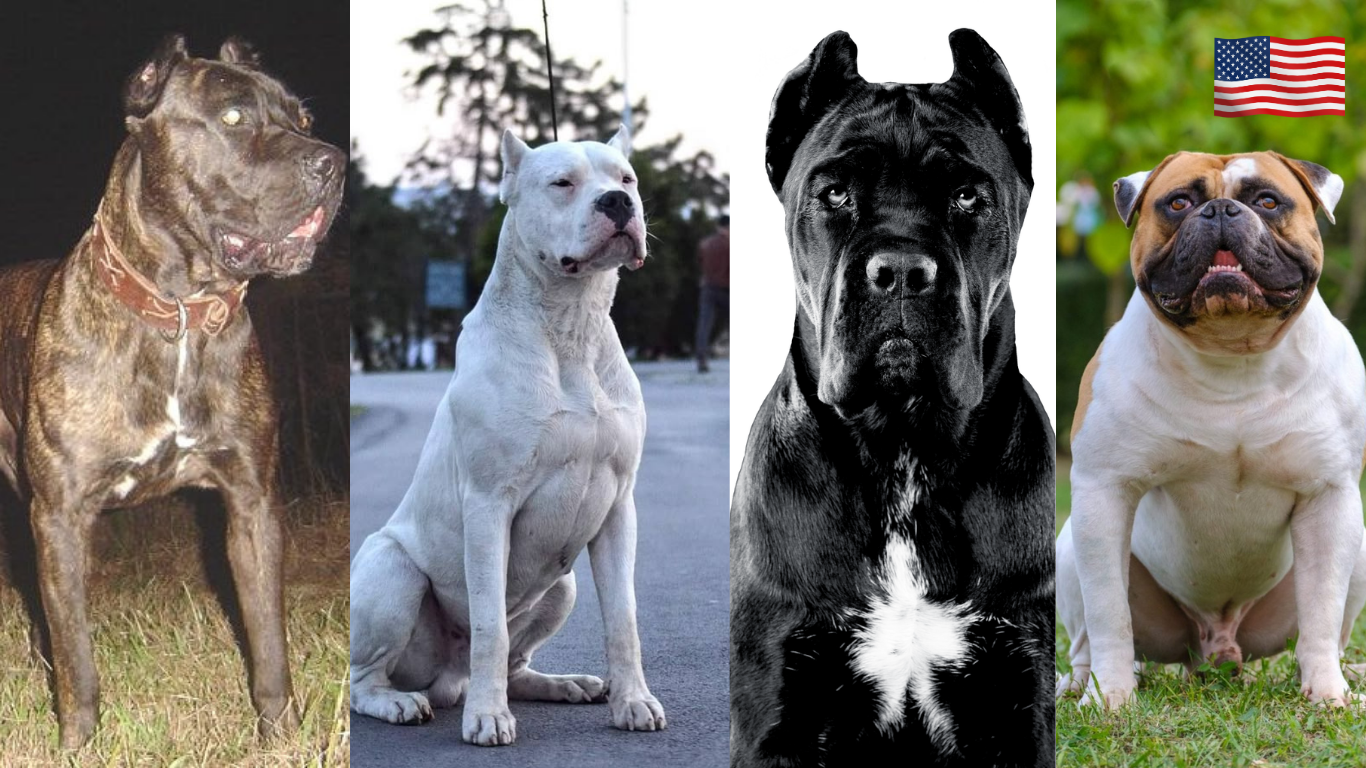Which dog breeds are banned in USA? It’s a common and important question for dog lovers and responsible owners. This introduction explores the complex reality of breed-specific legislation (BSL) across America. While no federal law bans specific breeds nationwide, many cities, counties, or even housing communities enforce restrictions or outright bans on certain dogs – often targeting breeds like Pit Bull Terriers, Rottweilers, Doberman Pinschers, or others perceived as higher-risk.
These “breed bans” are highly controversial, sparking debate about public safety versus fairness to dogs and owners. Understanding these local laws is crucial before choosing a pet or moving with your furry friend. Let’s dive into the details.
The Most Commonly Restricted Breeds Across the US (Lists the usual suspects: Pit Bulls, Rottweilers, etc.)
When looking to bring a furry friend home, it’s surprising and sometimes upsetting to learn that certain dog breeds might be banned or heavily restricted right where you live. While there’s no single nationwide ban in the USA, many cities, counties, towns, and even housing communities (apartments, HOAs) enforce rules targeting specific breeds they deem potentially dangerous.
This controversial practice is called Breed-Specific Legislation (BSL).The breeds most commonly finding themselves on these restricted lists are often powerful, muscular dogs. You’ll frequently see Pit Bull Terriers (or dogs labeled as such, which can include American Staffordshire Terriers, Staffordshire Bull Terriers, and mixes) topping the list.
Other breeds that often face restrictions include the imposing Rottweiler, the formidable Dogo Argentino (bred for big-game hunting), the loyal but powerful Cane Corso, and sometimes the Bandog (a mastiff-type crossbreed). The American Bulldog and Presas (Canario or Mallorquin) can also be targeted.

These restrictions can range from outright bans (you simply cannot own one within that jurisdiction) to complex requirements like mandatory muzzling in public, special licensing, higher liability insurance, confinement rules, or even mandatory spay/neuter. Proponents point to bite statistics involving certain breeds, while opponents argue BSL is ineffective and unfair, punishing responsible owners and well-behaved dogs based solely on appearance rather than individual temperament.
They emphasize that factors like training, socialization, responsible ownership, and the individual dog’s behavior matter far more than breed alone. Before choosing your canine companion, it’s absolutely crucial to check the specific laws in your exact city and county, as well as your housing rules – restrictions can vary dramatically just a few miles apart.
It’s Complicated: Bans Vary by State, City, and Even County! (Highlights the patchwork nature of laws)
Navigating the legal landscape in the U.S. can feel like a maze. Ever been confused about what’s allowed where you live versus just a few miles away? You’re not alone. Laws on everything from plastic bags and vaping to certain business activities or even specific pet breeds aren’t set by a single national rulebook.
Instead, they form a complex patchwork quilt of regulations that changes dramatically depending on your zip code. What’s perfectly fine in your state might be restricted in the next. Drive across a county line or into a different city, and you could encounter entirely new rules.
This variation means staying informed isn’t just helpful – it’s essential. Always check the specific laws not just for your state, but for your exact city and county, before acting. It’s a reminder that local control shapes our daily lives in very tangible ways.
Beyond Breed Bans: Insurance Restrictions and Housing Rules (Explains related challenges owners face)
Forget outright bans: The real headache for owners of certain dog breeds in the US often comes from insurance companies and landlords. While you might hear about breed bans in the news, there’s actually no nationwide law banning any dog breed.
Rules targeting specific breeds (called breed-specific legislation or BSL) only pop up locally, city by city or county by county, creating a confusing mix of regulations.
But the bigger, everyday struggles are often hidden:
Insurance Hurdles: Many insurance companies keep lists of breeds they label “high-risk” – like Pit Bulls, Rottweilers, Dobermans, or German Shepherds. If you own one, you could face denied coverage, sky-high premiums, or policies that simply won’t cover your dog at all.This makes responsible homeownership much harder and more expensive.
Housing Headaches: Finding a place to rent with one of these breeds can feel impossible. Even in areas without official bans, landlords and property managers often have blanket “no-go” lists for certain breeds written into their pet policies.
This forces responsible owners into exhausting searches or heartbreaking choices between keeping their home and keeping their beloved pet.These insurance and housing barriers create massive practical problems and feel deeply unfair to owners who know their well-trained, gentle dog is being judged purely by its breed.

The Big Debate: Are Breed-Specific Laws (BSL) Effective? (Touches on the controversy)
The question ‘Which Dog Breeds Are Banned in the USA?’ often sparks intense controversy, highlighting the deeply divisive debate surrounding Breed-Specific Legislation (BSL). Numerous municipalities enforce bans or restrictions targeting breeds frequently labeled ‘dangerous,’ such as Pit Bull types or Rottweilers.
Read This Also
Supporters maintain these laws are a necessary, direct approach to public safety, citing perceived inherent breed risks. However, opponents vigorously challenge BSL’s core principles. They contend it is inherently unjust, penalizing responsible owners and harmless dogs based solely on appearance, while neglecting the true underlying causes of dog aggression – typically irresponsible ownership, inadequate socialization, insufficient training, or neglect.
Mounting evidence indicates BSL fails to significantly reduce dog bite incidents, as factors unrelated to breed prove far more predictive of behavior. The core conflict centers on whether targeting specific breeds constitutes a fair and effective strategy, or if communities would achieve greater safety for people and dogs alike by focusing on individual canine behavior and enforcing accountability for all owners.
What Should You Do If You Own a Restricted Breed
If your furry companion is a restricted breed (such as an American Bulldog, Bandog or Can Corso), don’t panic! First, check the laws in your area—in many places, restrictions only apply to certain conditions. These steps will help you:
1. Gather legal information: Contact your city/county animal control office. Find out if your dog is required to have registration, a special license or a muzzle.
2. Training and socialization: Get your dog professionally trained. Teach basic commands, leash manners and positive interactions with others/animals. This will reduce legal problems.
3. Safety measures: Always use a leash and muzzle in public places. Install a strong fence at home so the dog can’t go out unattended.
4. Raise awareness: Inform people about your pet’s good behavior. Talk to local officials and campaign to change breed-specific laws.

Remember, a dog’s behavior depends more on its upbringing than its breed. With responsibility and love, you can give your furbaby a safe, happy life!
In the end, this is what matters: understand and fulfill your pet’s responsibilities
It’s important to know that in countries like the US, certain dog breeds, such as the American bulldog, Cane corso or Bandog, are banned in many cities. But more important than that is your attitude toward your pet. No breed is “dangerous”—every dog can be a loyal and loving companion when raised responsibly.
The real issue is: How do you parent? Being a good owner means: – Training your dog properly and teaching him to socialize. Understanding his physical and emotional needs—providing play, exercise and love. – Using a muzzle in public and keeping a safe distance from people. – Following the laws in your area so that neighbors feel safe.
Remember, a happy dog depends on your care. Whether it’s a tiny Pomeranian or a large German Shepherd, it’s your attentiveness that makes him a beloved part of society. Having a pet isn’t just a hobby—it’s a lifelong commitment where your patience and love are the greatest strengths.

FAQ
Yes, Kangal dogs are generally legal in the US at the federal level. However, legality depends heavily on state and local laws. Some cities or counties have breed-specific legislation (BSL) that may restrict or ban large guardian breeds like the Kangal.
Key points:1. No national ban.
2. Check your state, county, and city laws – rules vary significantly.
3. Special regulations often apply: Leash laws, muzzle requirements, fencing rules, and liability insurance may be mandatory due to their size and protective nature.
It’s tricky to give one exact number for countries banning pit bulls because laws vary greatly. Many countries don’t have national bans, but instead, bans or restrictions happen at local levels (like cities or provinces).
Countries like the UK, France, and Spain have significant restrictions or bans on pit bull-type dogs, often requiring muzzling, insurance, or sterilization. Several other European countries and parts of Australia/Canada also have restrictions. However, pinpointing a single “number of countries” with total bans isn’t accurate due to this patchwork of laws. Always check specific locations!
No federal law bans specific dog breeds in the US. However, many cities, counties, or housing communities have their own restrictions. The breeds most commonly affected by these local bans or regulations are often Pit Bull types (like American Pit Bull Terriers), Rottweilers, Doberman Pinschers ,These rules vary widely by location. Always check your ocal laws and focus on responsible ownership and training regardless of breed.
No, Rottweilers are not banned in the UK. However, they are classified as a “restricted breed” under the Dangerous Dogs Act 1991. This means owners have strict responsibilities:
1. Muzzle & Lead: They must be muzzled and kept on a lead in public places.
2. Insurance: Owners need third-party liability insurance.
3. Control: They must be kept securely to prevent escape.
4. Neutering: Often required unless exempt.Responsible ownership is crucial. The law targets irresponsible owners and dangerous dogs, not the breed itself.

